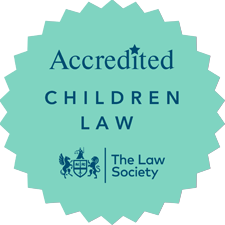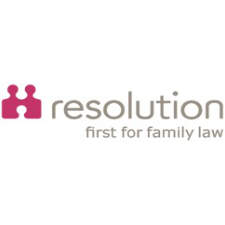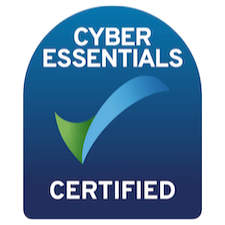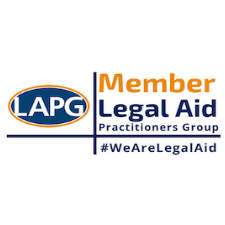Gisele Pelicot is a name that, in certain circles, is associated with personal strength and resilience. She has recently emerged as a symbol of survival, particularly by those affected by Domestic Abuse. Her journey intersects with issues surrounding Domestic Abuse, shedding a light on the complexities of an abusive relationship.
Gisele’s story is one of quiet bravery, which has inspired many who find themselves trapped in an abusive relationship. Like countless others, Gisele’s experiences are representative of the many forms that domestic abuse can take – emotional, physical, sexual and psychological.
In many cases of Domestic Abuse, victims are not only facing physical harm but also suffering from a broken sense of self-worth, isolation and fear of retaliation. The psychological aspects are just as damaging and as long lasting as the physical ones.
The story and journey of Gisele speaks of this multifaceted trauma, giving voice to a reality that is often hidden from the public eye.
Domestic Abuse, often referred to as intimate partner violence, affects millions of individuals globally each year. It transcends race, socioeconomic status, and gender affecting not only women but also men and people from all walks of life. Yet despite this, Domestic Abuse remains under-reported and misunderstood.
One of the major reasons for this is the cycle of abuse itself. In many cases, perpetrators use manipulation and control tactics to ensure that their victims remain isolated, dependant, and fearful of escaping. The emotional and psychological toll can be just as taxing as the physical violence. Victims often experience guilt and shame, making it difficult for them to reach out for help or even recognise they are being abused.
The link between individuals like Gisele and Domestic Abuse is crucial in bringing visibility to the hidden struggles many face. Gisele’s own journey shows healing and empowerment is possible, though not without significant challenges. It highlights the need for society and individuals to recognise signs of abuse, so that the relevant support can be provided.
If you or anyone you know is being subjected to any form of domestic abuse, please contact the Domestic Violence and Abuse Department (DVAD) for expert advice as to what protective measures are available, either by clicking on the links, or by telephoning Johnson Astills on 0116 255 4855.








